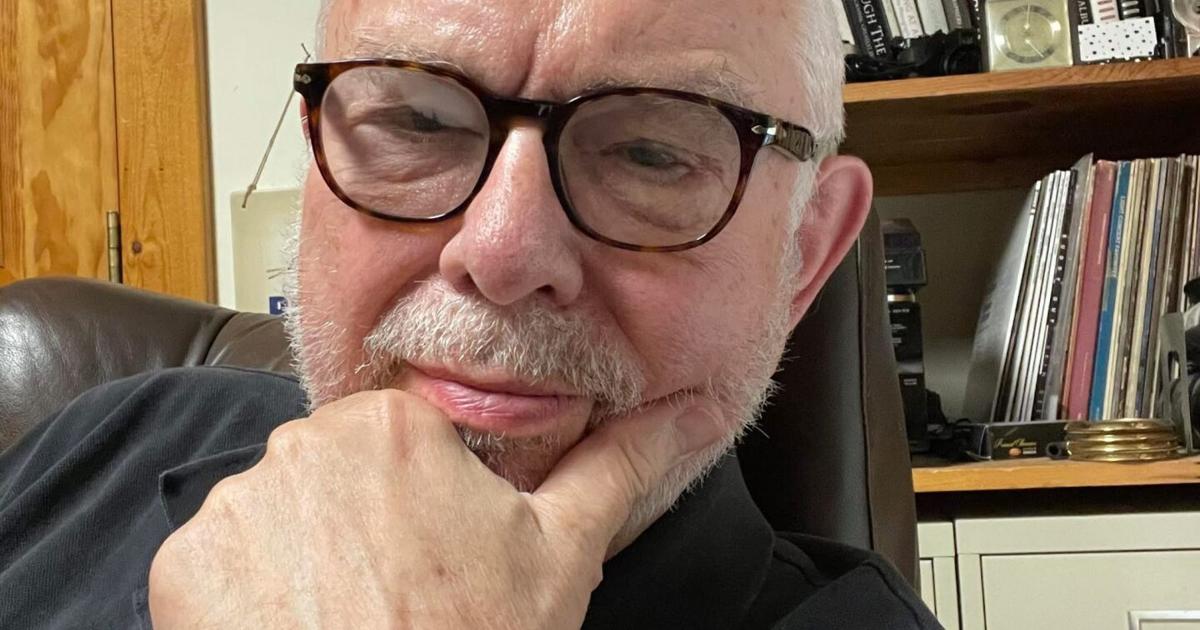I’m an “old soldier,” a retired Army officer. In the military, the “appearance of impropriety” refers to actions or situations that, while not necessarily illegal or a direct conflict of interest, could create the impression among reasonable observers that a service member is violating ethical standards or compromising their integrity.
It’s about maintaining public trust and confidence in the military by avoiding even the perception of wrongdoing. Commanders have been relieved or have retired because they created an appearance of impropriety. They realized that confidence in the institution is more important than the fate of any one person who is part of it.
The same applies to politics.
Money is the lubricant of politics. For those who pay attention, once elected – with very few exceptions – the chair and members of the Prince William Board of County Supervisors serve until they die or retire.
In 2011, I was part of a citizen protest against a $60,000 discretionary fund allocated to every member of the board to spend as they see fit. This was really just a taxpayer-funded slush fund generally used to dole out to constituents’ projects at the board member’s discretion with absolutely no other county oversight. We won that battle.
In retrospect, I realize that the entire general fund is one giant discretionary fund available to the board to secure their elected position in perpetuity. It’s analogous to receiving an appointment to nobility. It is difficult but not impossible to campaign and win against an incumbent with a history of spending taxpayer dollars to secure their position by paying for publicly funded amenities.
Campaign donations are perhaps the most flexible source of cash for a member of the board to secure their power and position. A quick look at the Virginia Public Access Project website (vpap.org) quickly identifies who is giving money to whom, which business interests are betting on specific supervisors, and how much their investment is.
I like to follow board meetings on my laptop. The agenda is always available online. Of late, I have been correlating agenda items with campaign donations. It’s easy to do. Just type the name of the board member of interest into the VPAP search bar.
Only a fool would not consider the possibility that, when deciding how to vote, a board member would completely discount a large donation from a person or business that has a stake in that issue.
I like our current chair and supervisors. I tend to trust their judgment in matters before them for a decision; such is the nature of the republic form of government under which we operate. That being said, it would be natural for citizens to consider the possibility of impropriety if a board member votes for an issue that benefits a donor.
The answer is easy. I suggest that every board member recuse themselves from voting on any issue put before them that is championed by someone who donated to their campaign. I’m not suggesting impropriety; I am suggesting the potential for the appearance of impropriety and an erosion of public trust in the decisions our board makes. This would be a good addition to the board’s rules and procedures. That being said, it’s such a common-sense consideration that recusal in the case of an apparent conflict of interest could be voluntary.
We are not fools. Trust in local government is critical. If you took their money, don’t vote on their issue.
Al Alborn is an award-winning columnist and member of the Virginia Press Association. You can learn more about Al at alborn.net.
